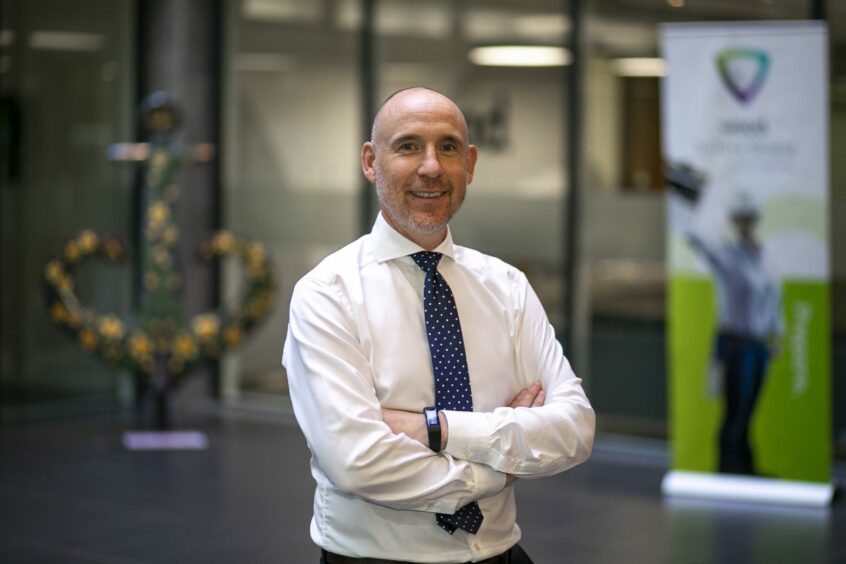
From my own experience, after my close friend Alan tragically died by suicide in 2021, I know a person’s mental health struggles can be both visible and invisible at the same time and how devastating the impact can be for them and for their loved ones.
In a fast-changing and, in many cases, challenging world, it is not difficult to understand how someone can find themselves in a dark place, psychologically.
A global pandemic forcing en-masse isolation, the rising cost of living, and generally turbulent economic, social, and political times – these are forces that test our resilience and we know that, without doubt, they have contributed to what has become a national mental health crisis.
Mental Health UK underlines that 1 in 10 of us in the UK will be affected by anxiety disorders, and 1 in 6 will be diagnosed with depression. 1 in 6. That’s more than 15% of our population facing the darkness of depression with low self-worth, a lack of interest in the things that used to bring them joy, and potentially thoughts of self-harm or suicide.
A reality check for industry
Unique to the energy industry is the remote and isolated locations of many offshore installations and vessels, confined work and living spaces, and separation from family and community for lengthy periods, which can all exacerbate mental health challenges.
A recently published white paper from the North Sea Chapter of the International Association of Drilling Contractors (IADC) reported three in four employees struggle with their mental health at work and nearly a fifth have a current mental health diagnosis, while a third of 18-24 year olds believe their employers do not take mental health as seriously as physical health.
Another study by the International SOS Foundation of onshore and offshore remote rotational shift workers found 40% experienced suicidal thoughts some or all of the time while on duty.
That is an incredibly sobering and concerning statistic and makes the case for change very clear.
Leading the change
From an energy industry perspective, I have seen the steps taken to try to tackle this and improve how we acknowledge, respect, and care for the mental health of our workforce, but I know that there is still so much more work to do.
With major advances in the development and delivery of world-class HSE (Health, Safety and Environment) performance in the energy industry, we must now consider mental wellbeing in the same regard and elevate our focus.
While the stigma surrounding mental health is improving generally, we must do more if our industry is to become synonymous with a culture of acceptance.
Creating a safe space that supports employees to speak up starts with strong leaders that set the right tone, invest in the right resources, and proactively engage in the right conversations throughout their organisations.
With education, empathy, and understanding, colleagues can be better equipped and supported to know what to look out for, recognise small changes in behaviour, and ask the ever-important question of “Are you okay?”.
An industry-wide mental health charter
It’s okay to be on a journey and a path to improvement, but if we are going to get to where we need to be, it starts with making the commitment.
That’s why I am supporting proposals from the North Sea Chapter of the IADC for an industry-wide mental health charter as part of their Mental Health in Energy campaign.
The establishment of an industry-wide mental health charter will be an important step towards addressing this issue and ensuring cultural change.
The charter aims to lay out the principles that are fundamental to creating a psychologically safe and caring working environment and setting a minimum standard for mental health care provision.
But, we all know that a charter is just a page of signatures, if it doesn’t come with real commitment and action.
That is why it is so imperative that there is leadership buy-in and through-line support for this, ensuring that the spirit and intent becomes interwoven across the industry so that we deliver real and tangible and measurable change.
That buy-in and support starts now. The North Sea Chapter of the IADC, in conjunction with Energy Voice, will hold a panel session and workshop aimed at developing the industry mental health charter.
The event will be held on Tuesday, April 25, at the Chester Hotel, Aberdeen. If you wish to be part of this important debate, please register here.
You can download the IADC paper here.
We have successfully adapted to challenges in the past, and we will do so again. The future success of our industry and the future of our people depends on it.
